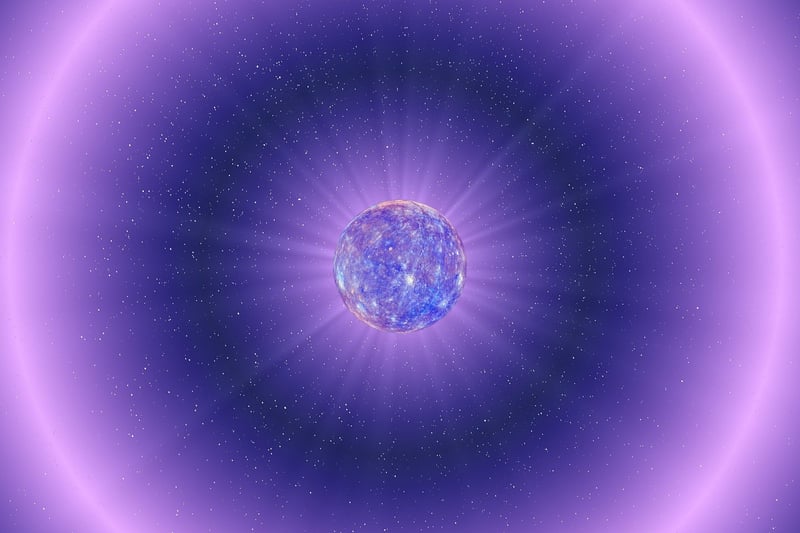Cosmic Radiation
Unveil Celestial Wonders: Exploring the Fascinating World of Cosmic Radiation

Have you ever gazed up at the night sky and wondered about the mysteries of the universe? The cosmos is a vast expanse filled with celestial wonders waiting to be discovered. One such phenomenon that intrigues scientists and enthusiasts alike is cosmic radiation.
What is Cosmic Radiation?
Cosmic radiation is a form of high-energy radiation that originates from sources outside the Earth's atmosphere. These sources can include supernovae, black holes, and other cosmic events that produce energetic particles. These particles travel through space at nearly the speed of light, constantly bombarding our planet from all directions.
Effects on Earth and Astronauts
While the Earth's atmosphere provides some protection against cosmic radiation, astronauts in space are more exposed to its effects. Prolonged exposure to cosmic radiation can pose health risks to astronauts, including an increased risk of cancer and potential damage to the central nervous system.
Research and Exploration
Scientists are continuously studying cosmic radiation to better understand its properties and effects. Space missions, such as those conducted by NASA and other space agencies, play a crucial role in gathering data on cosmic radiation and its impact on space travel.
Unveiling the Mysteries of the Universe
Exploring cosmic radiation allows us to uncover the secrets of the universe and gain insights into the fundamental forces that shape our world. By studying these high-energy particles, scientists can unlock new discoveries about the origins of the cosmos and the nature of space itself.
So, the next time you look up at the stars, remember that beyond the beauty of the night sky lies a world of cosmic wonders waiting to be explored.
Keep your eyes on the skies and let the mysteries of cosmic radiation inspire you to delve deeper into the infinite possibilities of the universe!

